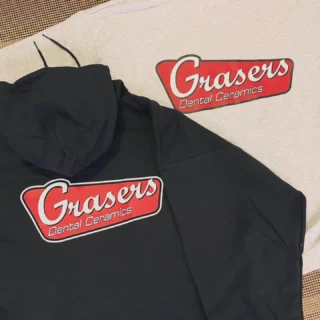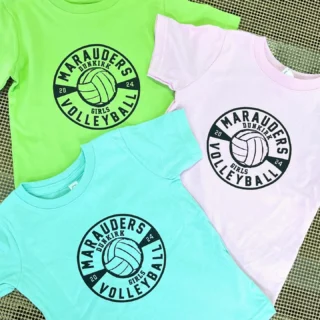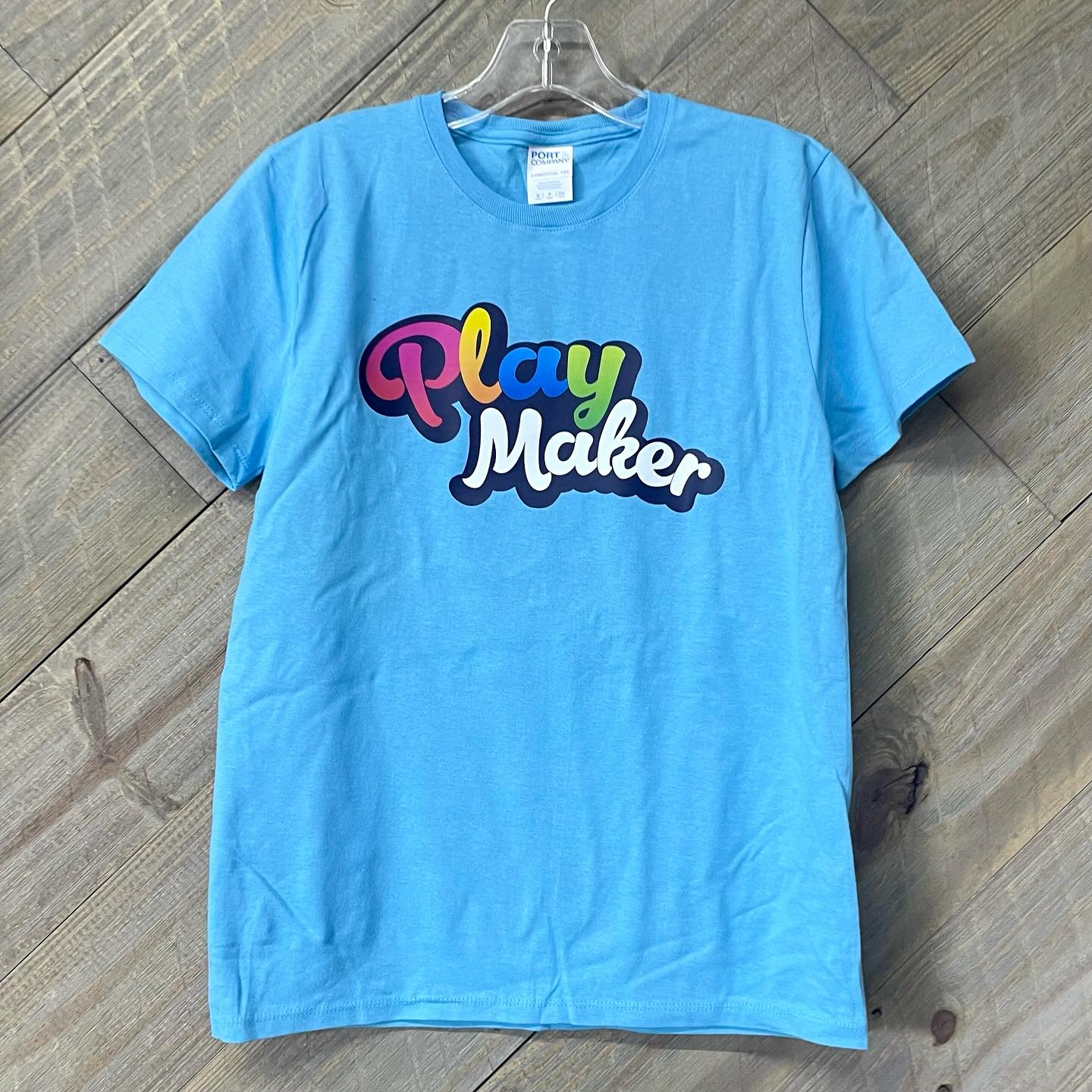Work uniforms are often overlooked as accessories or simply just disposable items of clothing. They often get dirty and wear quickly with repeated usage, but they are very important to the overall image of your business. Uniforms are a highly visible representation of your business and your brand, and it’s an important chance to make a positive statement to your employees and your clients.
Selecting the right fabric for uniforms is a critical decision, as it impacts factors such as comfort, durability, and style. In this blog, we’ll explore the key considerations when choosing fabrics for uniforms, ensuring a perfect balance between functionality and aesthetics.
1. Key Considerations in Fabric Selection
Comfort
Comfort is paramount, as uncomfortable uniforms can negatively impact employee performance and morale. Breathable fabrics like cotton and polyester blends are popular choices due to their moisture-wicking properties. Fabrics with a bit of stretch, such as spandex blends, also enhance comfort by allowing ease of movement.
Durability
Durability is crucial, especially for uniforms subjected to harsh conditions or frequent washing. Fabrics like polyester and nylon are known for their strength and resistance to wear and tear. Blended fabrics often combine the best qualities of multiple materials, offering both durability and comfort.
Maintenance
Easy maintenance is another critical factor. Uniforms should be easy to wash and quick to dry. Fabrics that resist stains and wrinkles, such as treated cotton or synthetic blends, reduce the need for frequent ironing and ensure the uniforms maintain a neat appearance with minimal effort.
Aesthetic Appeal
The aesthetic appeal of the fabric can influence the overall look of the uniform. Fabrics should hold color well and resist fading over time. Textured fabrics or those with a slight sheen can add a touch of sophistication, enhancing the visual appeal of the uniforms.
2. Popular Fabric Choices for Uniforms
Cotton
Cotton is a classic choice for uniforms due to its natural feel and breathability. It’s particularly favored in industries where comfort is a priority. Cotton uniforms are easy to wear for extended periods and can be enhanced with treatments to improve stain resistance and durability. However, pure cotton can wrinkle easily, so blends with polyester are often preferred to balance comfort with maintenance.
Polyester
Polyester is a synthetic fabric known for its durability and resistance to shrinking and stretching. It’s less likely to wrinkle, making it ideal for uniforms that need to maintain a crisp appearance. Polyester is also quick-drying and resistant to stains, making it a practical choice for many industries, including hospitality and healthcare.
Blends
Blended fabrics, such as poly-cotton or cotton-spandex, combine the benefits of natural and synthetic fibers. Poly-cotton blends, for instance, offer the breathability of cotton with the durability and wrinkle resistance of polyester. These blends are versatile and suitable for a wide range of applications, providing a balance between comfort, durability, and maintenance.
3. Specialty Fabrics for Specific Needs
Certain industries have specific needs that require specialty fabrics:
Flame-Resistant Fabrics
For industries like construction, manufacturing, and utilities, flame-resistant fabrics are crucial for safety. Materials such as Nomex or treated cotton blends can provide the necessary protection while still offering comfort and durability.
Antimicrobial Fabrics
Healthcare uniforms benefit from antimicrobial fabrics that inhibit the growth of bacteria and fungi. These fabrics help maintain hygiene and reduce odors, contributing to a healthier working environment.
High-Visibility Fabrics
In industries where safety is a concern, such as construction or roadside work, high-visibility fabrics are essential. These fabrics are typically fluorescent with reflective strips, ensuring workers are easily seen in low-light conditions.
4. Price
Cotton and poly-cotton are generally the most budget-friendly fabrics for employee uniforms. Cotton, a natural fiber, is strong, durable, breathable, and easy to clean and maintain. Poly-cotton, a blend of cotton and synthetic fibers, offers the affordability of synthetic materials with the comfort and durability of cotton.
Polyester is another popular, cost-effective choice, known for its affordability and wrinkle resistance. On the other hand, poly-rayon and poly-wool blends are pricier than cotton and polyester due to their combination of natural and synthetic fibers. Wool, being a natural fiber, is the most expensive option, requiring higher costs and more maintenance.
Overall, cotton, poly-cotton, and polyester are the most economical options for employee uniforms.
5. Customization and Branding
Uniforms are a powerful tool for branding and customization. Embroidery, screen printing, heat transfer and dye sublimation are popular methods to add logos, names, and other branding elements to uniforms. The choice of fabric can affect the effectiveness of these customization techniques, so it’s important to select materials that work well with your branding needs, and rely on knowledge from printing experts when selecting a material. At Route 75 Imprints, we work closely with all of our clients to ensure that each order will satisfy a variety of needs.
Selecting the right fabric for company uniforms is a multifaceted decision that impacts comfort, durability, maintenance, aesthetics, and sustainability. By carefully considering the specific needs of your industry and workforce, you can choose fabrics that not only meet practical requirements but also enhance your organization’s professional image.
At Route 75 Imprints, we offer a wide range of custom apparel options for a variety of clients. From Breweries, Restaurants, Trades, Manufacturing, and Resort/Hospitality businesses to special events, and individuals, we can help you create the perfect custom clothing to suit your needs.
Whether you know exactly what you want or need our professional expertise, contact us today to get your order started!




